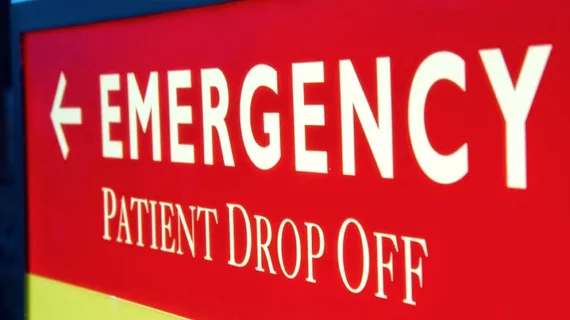Researchers at New York University have demonstrated an AI-based way to send COVID patients from the ER to the most appropriate care setting according to their individualized risk.
The system has two primary components. One is a deep neural network that predicts prognosis going by chest x-rays. The other is a machine learning model called gradient boosting, which in this case adds predictive power by folding in results of routine lab tests.
The team’s study has not yet been peer-reviewed but is posted for consideration on the preprint server ArXiv.
Corresponding author Krzysztof Geras, PhD, and colleagues trained their system on data from more than 3,600 patients.
The authors report that, in its trial phase, the system accurately predicted 96-hour deterioration on a test set of incoming patients.
Further, the x-ray AI performed comparably to two experienced chest radiologists in a reader study, “highlighting the potential of our data-driven approach,” they comment.
“In order to verify our system’s performance in a real clinical setting, we silently deployed a preliminary version of it at NYU Langone Health during the first wave of the pandemic, demonstrating that it can produce accurate predictions in real time,” Geras et al. write. “Overall, these results strongly suggest that our system is a viable and valuable tool to inform triage of COVID-19 patients.”
ArXiv has posted the preprint as a downloadable PDF.

